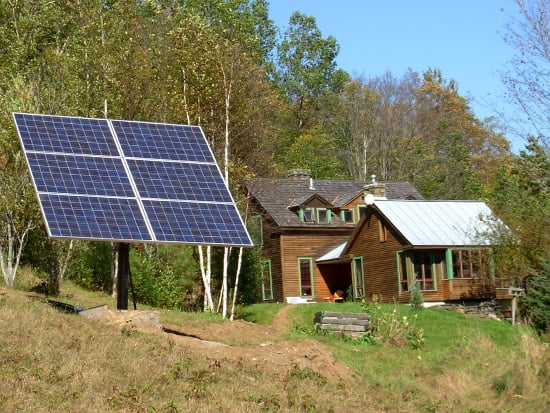Solar Energy used in the Army
Solar Energy and Power Cuts
Selecting a Mobile Power Supply
Types of Mobile Power Supplies
Why use a blocking diode in off-grid solar systems?
Solar backup power: emergency backup for solar systems
Off-grid Solar System Components: what do you need?
Blocking Diode and Bypass Diode for Solar Panels
[...]

 Solar-based electricity supply off-the grid[/caption]
Solar-based electricity supply off-the grid[/caption]